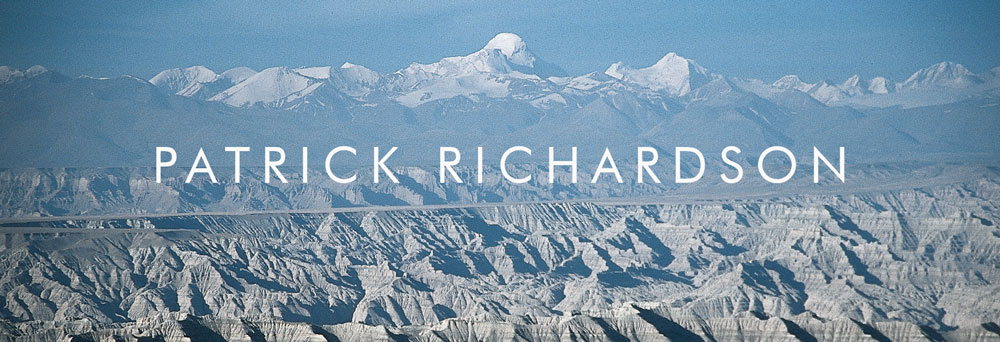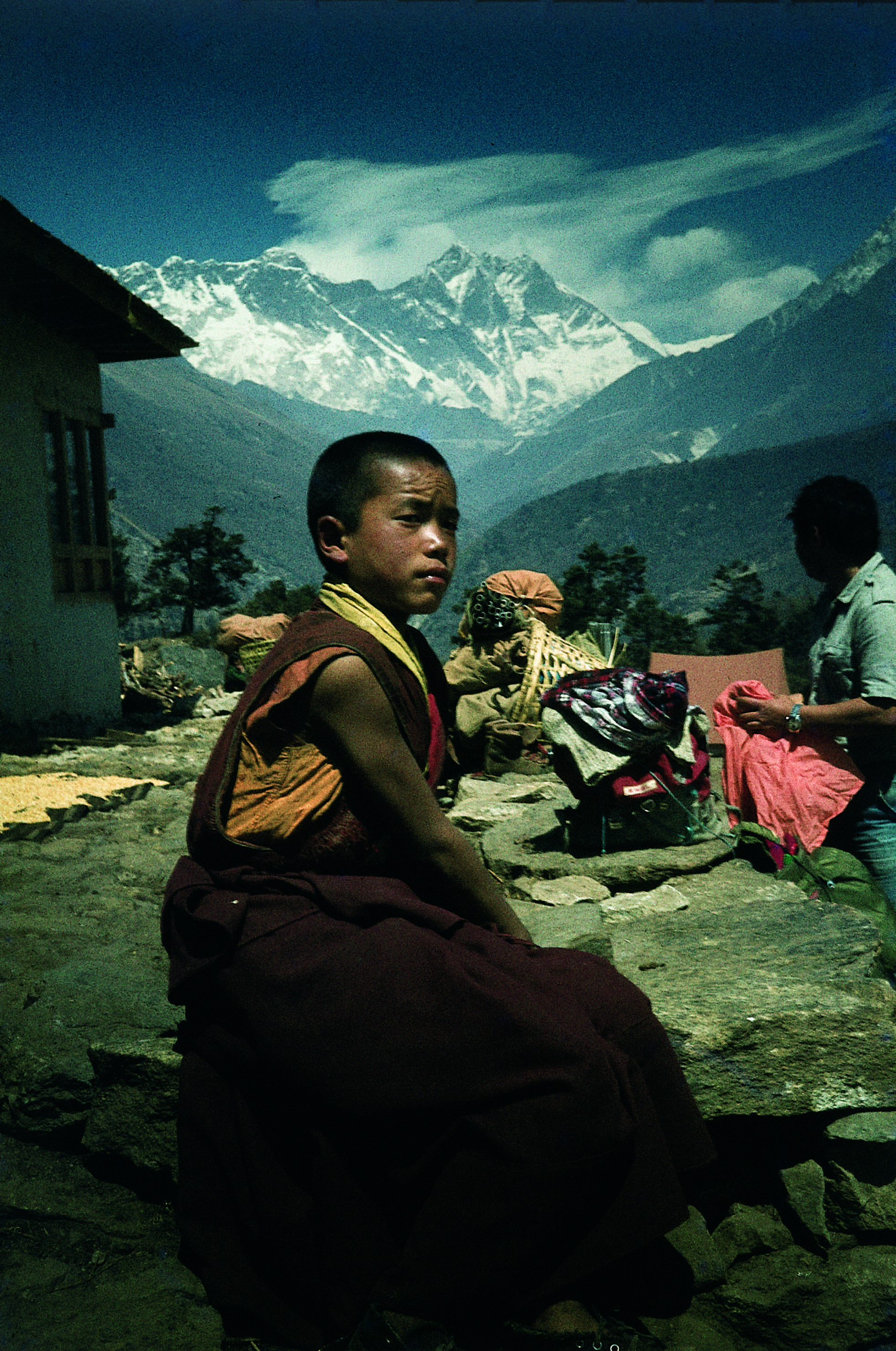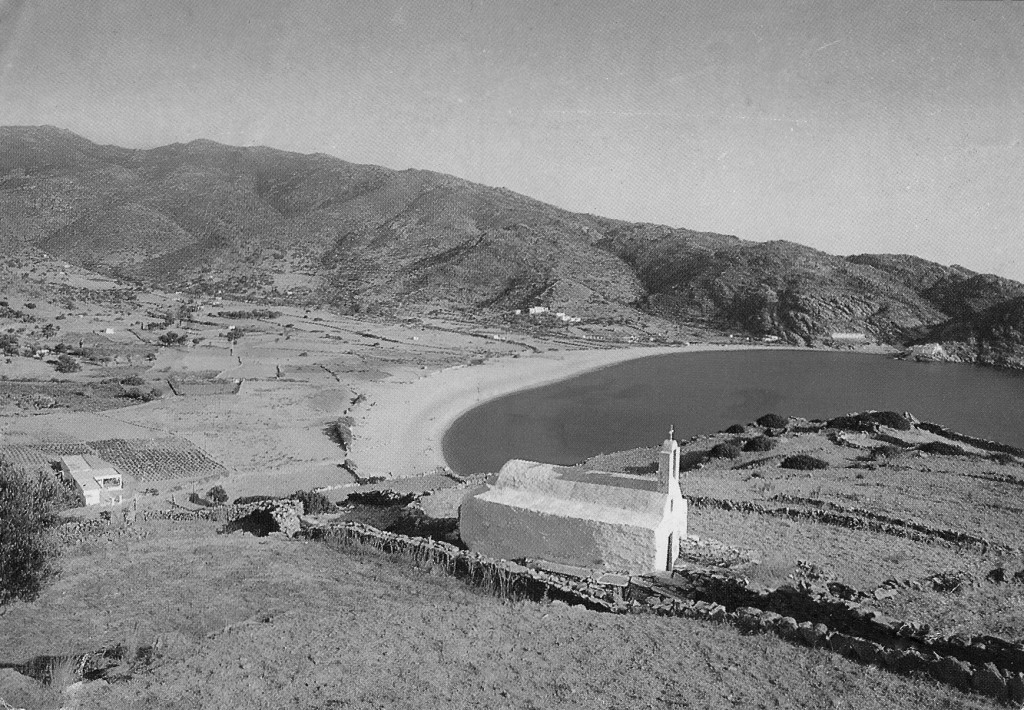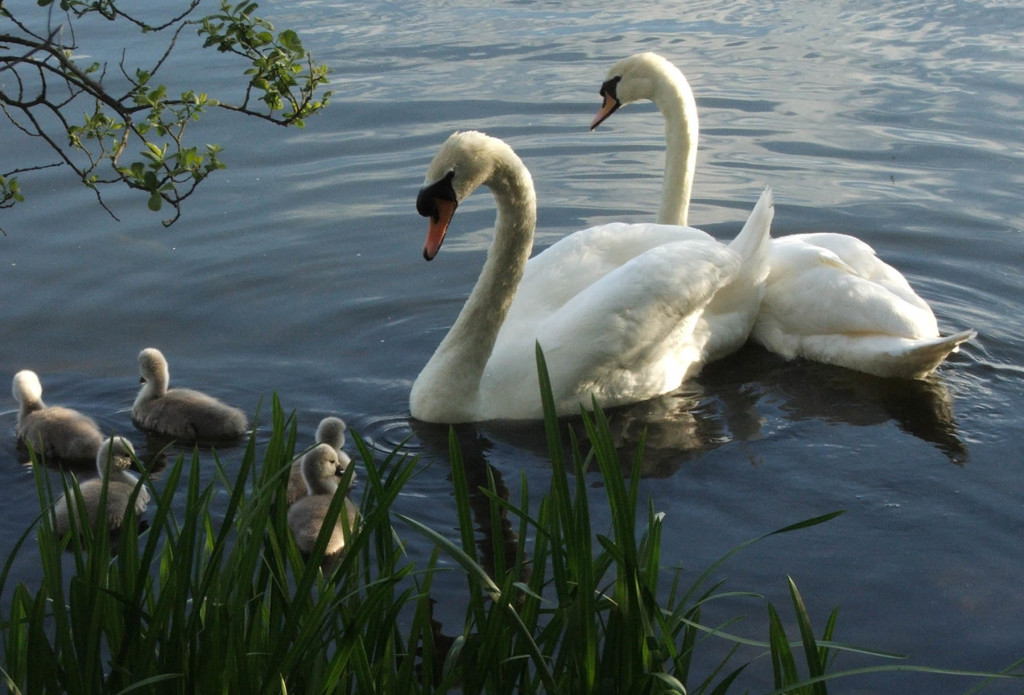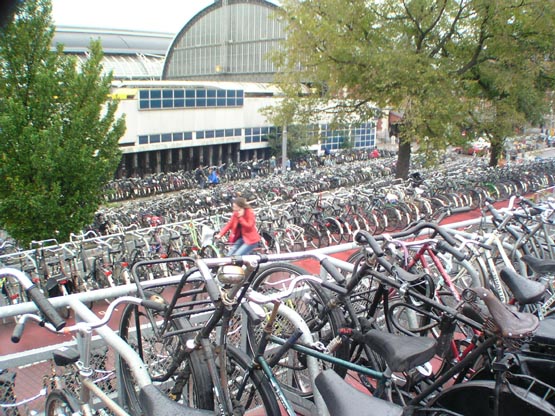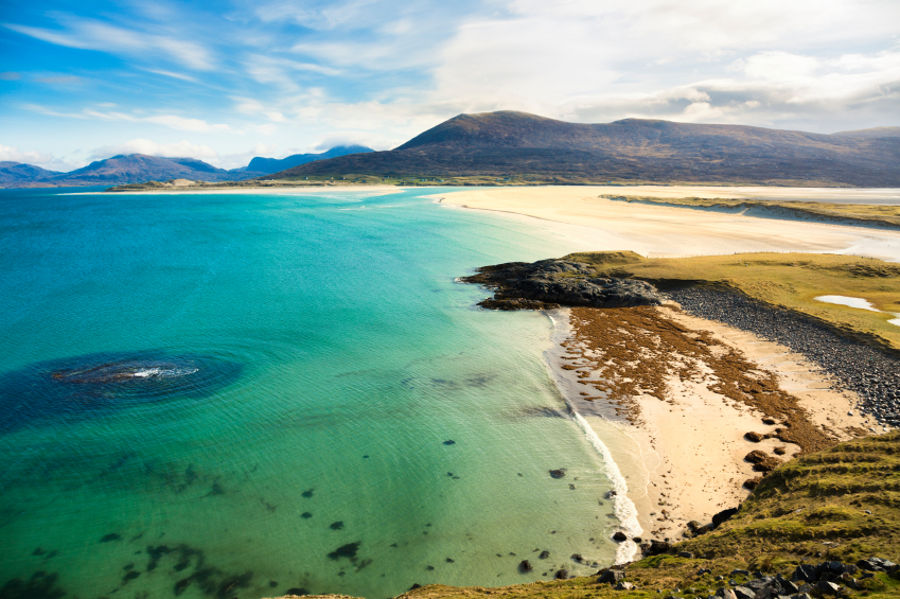I first became aware of Sufism in 1972, when I started going out with Mary, a young, twenty-year-old student, who belonged to a Sufi group. So every Friday I accompanied her to the Salisbury Centre in Edinburgh, where up to twenty of us formed a circle in the stunning, newly built hexagonal hall before we all whirled round and round until we were nearly dizzy. At the time, I was living in a squat in West Adam Street, and it was there I met Pete and Paul, two young men from Doncaster, who were also interested in Sufism. Then, when the squat folded, and the whole scene disintegrated, I went to work in Canada, while Pete and Paul went down to live on Squire Farm in Gloucestershire, where, I heard, they were helping to build a new Sufi centre.
After that, I lost contact with them and I went to live in Amsterdam, where I lost interest in Sufism and became interested in yoga instead. Eleven years later I returned to Edinburgh, but twenty years were to pass before I heard that there was a Sufi centre called Chisholm House in the Borders. So, out of curiosity, two years ago, I went down for the open day. It was a sunny summer’s afternoon, and I remember how struck I was with the whole experience. To get there was going into a completely different world. First, you drove for an hour down through the rolling Borders, until, just outside Hawick, you turned right over a small bridge onto a tiny country road. Then, ten kilometres later, you turned off onto another small country road, before you turned off onto an even smaller one. Then you turned off onto a single track which climbed towards deserted moors, before it reached Chisholm House. Surrounded by immensely tall, sighing trees, it was a beautiful old country house, which, after lying derelict for years, had been fully restored by volunteers. At the front there was a lovely lawn, while to the side, in the middle of a copse, was a small, peaceful lake where white swans swam. Beyond the lawn was a steep rise, on top of which, looking out over remote, surrounding moors, was a round white obelisk dedicated to Bulent, the Turkish teacher who had been the leading force behind the rejuvenation of Chisholm before his death.
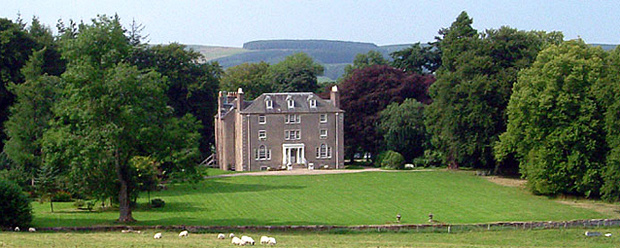
Not much later, I discovered, to my astonishment, that both Pete and Paul — who had become completely involved with Sufism — had been living in Hawick for the last twenty years. Then, after the Buddhist group which I had been involved with for nearly a decade unfortunately more or less folded, I started,, every so often, going down to Chisholm for the weekend. Now it has more or less become my substitute spiritual home
